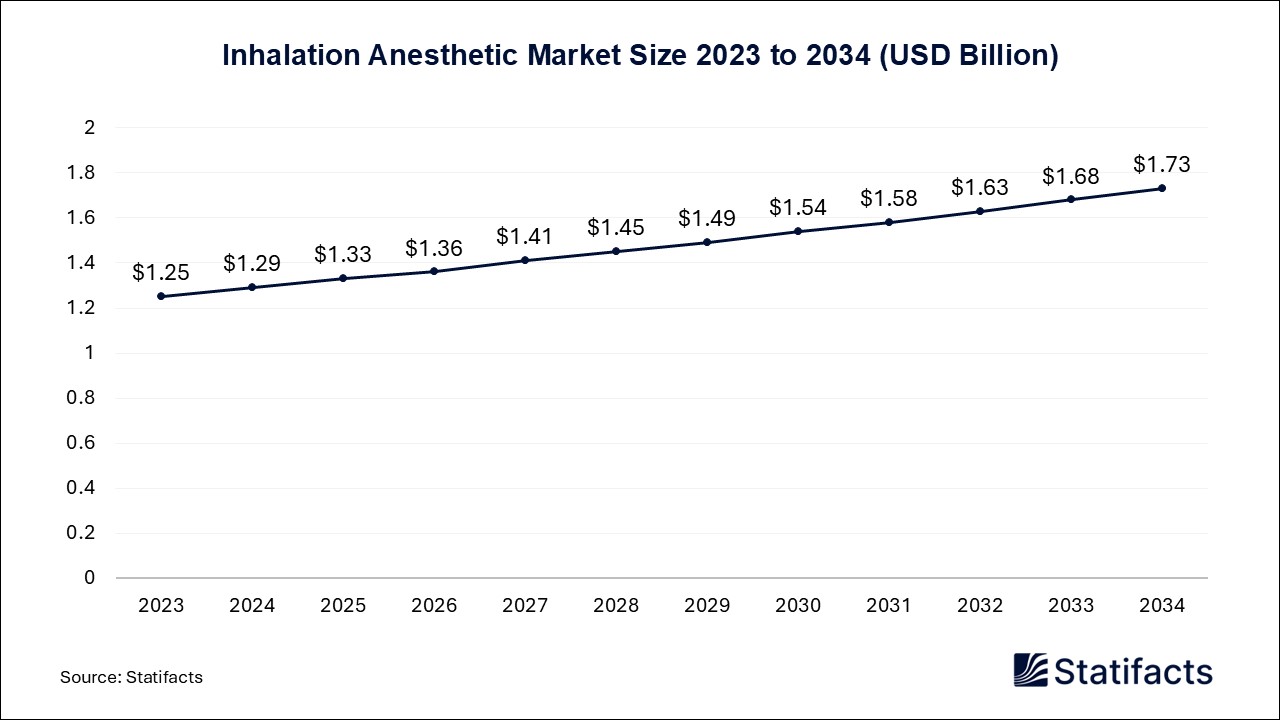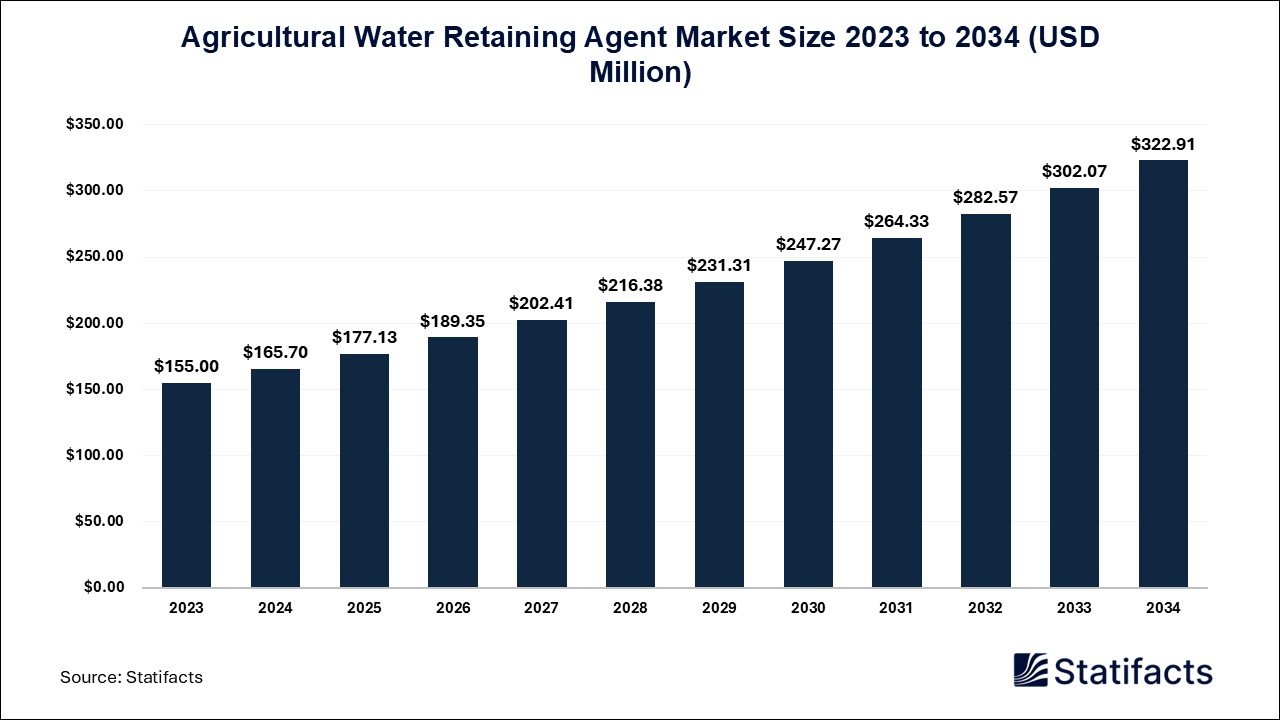

Our customers work more efficiently and benefit from
The materials that are manufactured by combination of natural fibers and a matrix derived from renewable sources, typically eco-friendly or biodegradable, is known as biocomposites. The key components of biocomposites are animal-based fibers, plant-based fibers, natural fibers and mineral-based fibers. There are different types of biocomposites namely wood-plastic composites (WPCs), biodegradable composites, and natural fiber-reinforced polymers (NFRPs). Due to rising global warming the costumers are becoming more environment friendly and shifting towards eco-friendly materials including those made with biocomposites, is rising. This consists of products in sectors such as electronics, packaging and automotive among others.
In March 2024, BioPowder company, biomass-processing industry, announced that the company is replacing the synthetic components with bio-composites. BioPowder is proceeding the composites sector toward natural resources including plant-based polymers and functional fillers. BioPowder works with producers to develop truly sustainable products by lowering environmental impacts and improving functional qualities. By converting olive oil by-products into superior powders with distinctive properties, they are ideal for use as natural fillers and reinforcing fires in composite materials.
The processing of biocomposite and manufacturing complexity for biocomposite restricts growth of the biocomposites market. Increasing research and development to develop biocomposite fiber is estimated to create lucrative opportunity for the growth of the biocomposites market over the forecast period. A biocomposite is a composite material that substitutes traceable and renewable elements, including wood fiber, for plastic in products to lower their plastic content. Metsä Fibre wants to build a resource-efficient circular economy and offer value through bio-based goods. The company's most recent invention is a cellulose fiber pellet product made from pulp that is used to make biocomposite materials. The pulp-based product serves as a substitute for traditional goods derived from fossil fuels. Additionally, it adds additional qualities to the materials, states the Katja Salmenkivi, Metsä Fibre company's sales director. The North America region dominates the biocomposites market due to the presence of strong consumer’s preference for the sustainable products and technology advancement for development of biocomposites.
By Fiber Type
By Polymer Type
By Product
By End-Use Industry
For any questions about this dataset or to discuss customization options, please write to us at sales@statifacts.com
| Stats ID: | 6376 |
| Format: | Databook |
| Published: | November 2024 |
| Delivery: | Immediate |
| Price | US$ 1550 |

| Stats ID: | 6376 |
| Format: | Databook |
| Published: | November 2024 |
| Delivery: | Immediate |
| Price | US$ 1550 |

You will receive an email from our Business Development Manager. Please be sure to check your SPAM/JUNK folder too.

Unlock unlimited access to all exclusive market research reports, empowering your business.
Get industry insights at the most affordable plan
Stay ahead of the competition with comprehensive, actionable intelligence at your fingertips!
Learn More Download
Download
